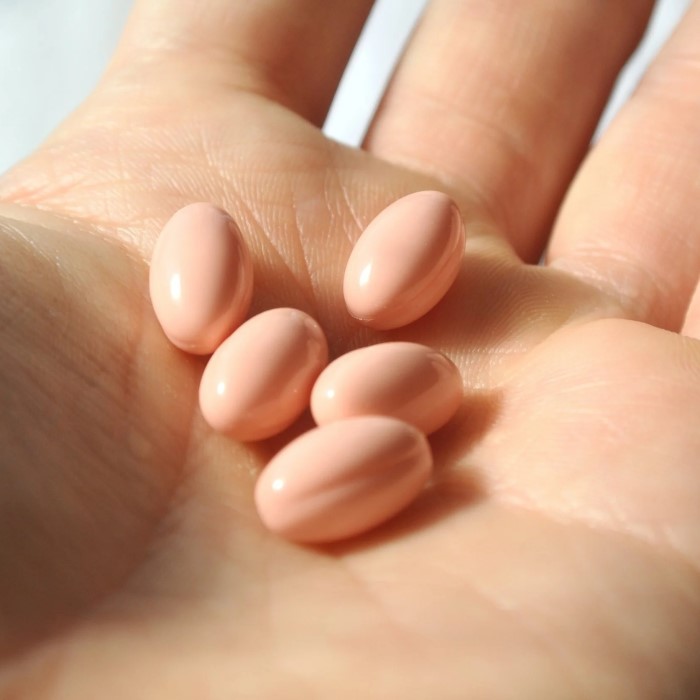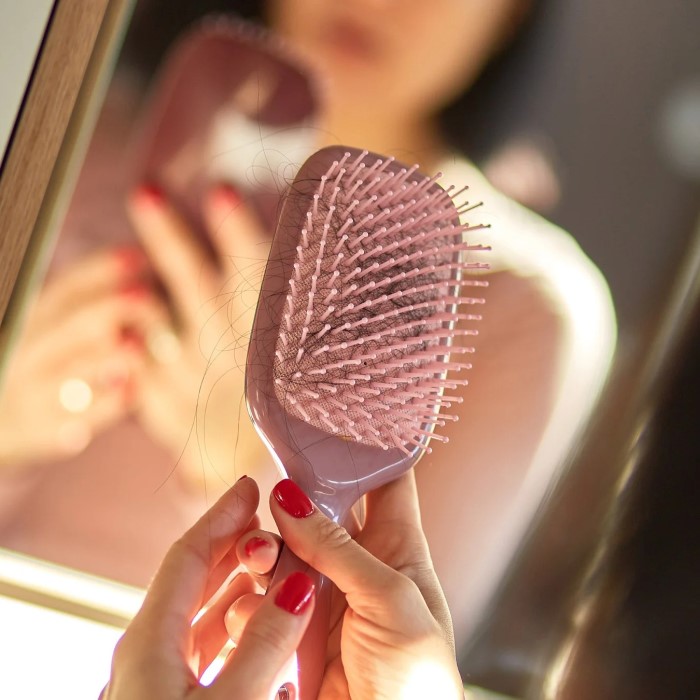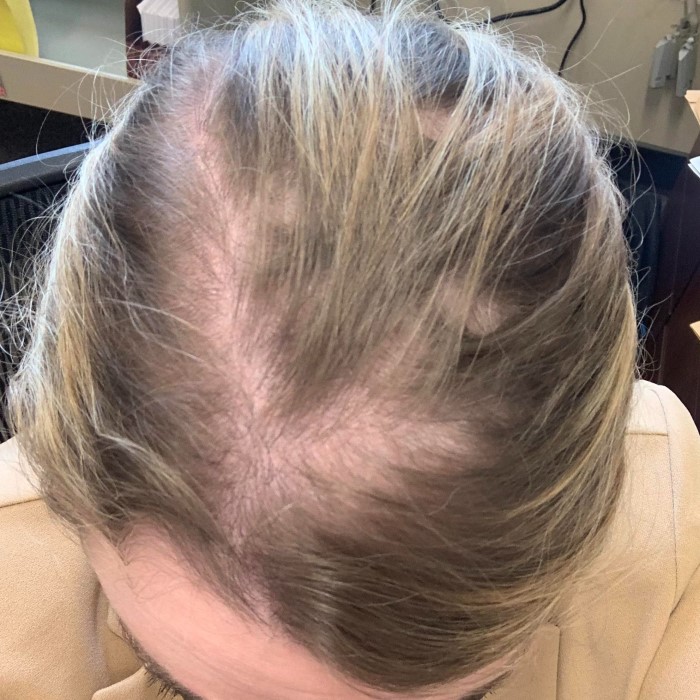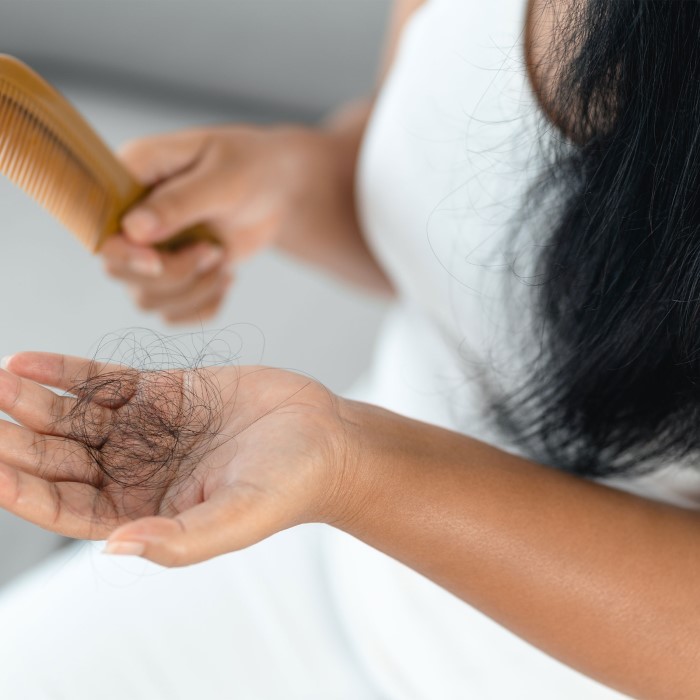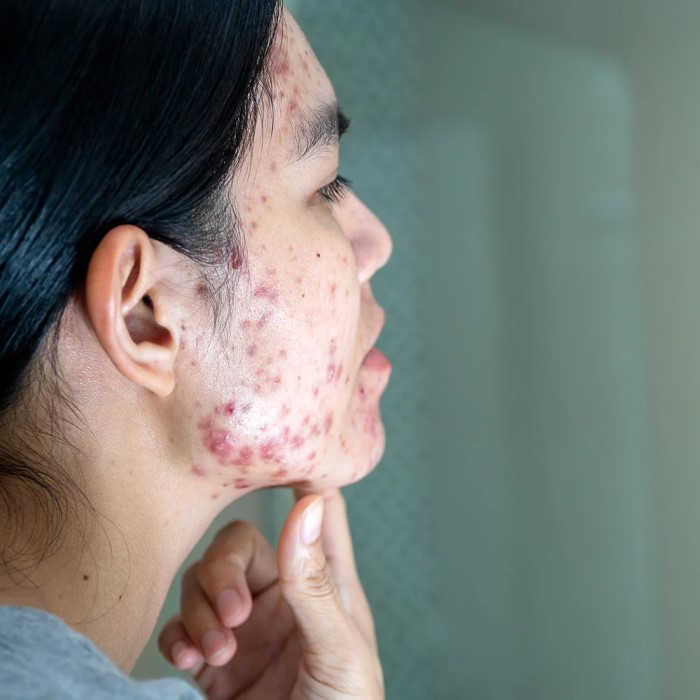
Can Accutane Cause Hair Loss? Understanding the Risks Decoded
Introduction: Accutane and Hair Loss
For many individuals battling severe acne, Accutane, also known as isotretinoin, serves as a last resort—a powerful medication renowned for its effectiveness in clearing stubborn skin issues. However, with a treatment as potent as Accutane, concerns inevitably arise regarding its side effects. One frequently asked question is: “Can Accutane cause hair loss?” This article aims to shed light on this topic, deciphering the potential risks associated with hair loss and providing guidance on how to navigate these challenges effectively.

Understanding Accutane: What You Need to Know
Accutane is a retinoid derived from vitamin A and is primarily prescribed for severe cases of acne that have not responded to other treatments. This medication works by reducing the amount of oil produced by the sebaceous glands, preventing the formation of acne. By altering the skin’s cellular structure, it promotes rapid cell turnover, effectively contributing to clearer skin. However, while Accutane has transformed many lives by eliminating acne, it also comes with an array of potential side effects that can impact the quality of life for users.
The Connection Between Accutane and Hair Loss: An Overview
Can accutane cause hair loss? Among the myriad of side effects associated with Accutane, hair loss is one of the more alarming concerns for patients. Research and anecdotal evidence indicate that some users may experience temporary hair thinning or loss during treatment. The connection between Accutane and hair loss remains complex and idiosyncratic. While hair loss is not an inevitable outcome for all patients, it can occur due to various factors, including hormonal changes that influence hair growth cycles and the overall health of hair follicles.
How Does Accutane Affect Hair Growth Cycles?
To understand the relationship between Accutane and hair loss, it is essential to delve into the hair growth cycle. Hair goes through three primary phases: anagen (growth), catagen (transition), and telogen (rest). Accutane’s hormonal effects can lead to an increased number of hair follicles entering the telogen phase, resulting in shedding. This shift may contribute to noticeable thinning, particularly in individuals who are sensitive to the medication’s effects.
Moreover, the reduction in sebum production, while beneficial for acne, may lead to a drier scalp and hair. A dry scalp can contribute to hair breakage, which can exacerbate concerns regarding hair loss. Therefore, understanding how Accutane operates physiologically can help users manage their expectations and hair health during treatment.
The Question of Permanence: Is Hair Loss from Accutane Permanent?
Patients often grapple with one critical question: “Is hair loss resulting from Accutane permanent?” The good news is that, for most individuals, hair loss while on Accutane is typically temporary. After discontinuing the medication, many users have reported that their hair begins to regrow gradually, sometimes returning to its original fullness.
That said, the timeline for regrowth can vary significantly among individuals. Factors such as genetics, overall health, and pre-existing hair conditions will play vital roles in the recovery process. It’s essential, therefore, to remain patient during this phase. Medical professionals recommend monitoring hair health closely and consulting with a dermatologist if significant hair loss occurs or if regrowth does not commence within several months post-treatment.
How to Mitigate Hair Loss While on Accutane
While experiencing hair loss during an Accutane regimen can be distressing, numerous proactive measures can be undertaken to minimize and manage the risk. Here are several tips that may help maintain your hair health while on Accutane:
- Eat a Balanced Diet: Ensuring a diet rich in essential vitamins and minerals may support hair health. Nutrients such as biotin, zinc, and vitamins A, C, D, and E play pivotal roles in sustaining hair growth.
- Hydration is Key: Staying well-hydrated can improve overall skin and hair health. Consider drinking plenty of water throughout the day, as this can help mitigate dryness.
- Gentle Hair Care: Opt for sulfate-free shampoos and conditioners that promote hydration rather than stripping natural oils. Avoid harsh treatments that may further irritate the scalp, such as frequent coloring or heat styling.
- Scalp Treatments: Some individuals find that using hair and scalp treatments, such as oils and serums designed to promote moisture, can be beneficial while taking Accutane.
- Minimize Stress: High stress levels can contribute to hair loss. Engaging in stress-reducing activities, such as exercise or meditation, may provide added benefits for hair health.
- Regular Dermatological Consultations: Regular check-ins with your dermatologist during treatment are crucial. They can monitor your hair health, adjust your Accutane dosage if necessary, and provide personalized strategies to mitigate side effects.
Will My Hair Grow Back After Taking Accutane?
Most individuals can expect their hair to grow back after finishing an Accutane treatment course. Initially, some users may experience increased hair shedding due to the medication, leading to concerns about permanent loss. However, hair generally begins to regenerate a few months after completing treatment. Regrowth is gradual, and patience is often required during this phase.
For many, the regrowth process can lead to thicker hair, as the stress inflicted on the follicles dissipates. However, individual experiences can vary widely. Those with a predisposition to hair issues or specific scalp conditions may experience differing results. Therefore, maintaining open communication with healthcare providers regarding expectations and recovery is crucial.
Potential Long-Term Side Effects of Accutane
While temporary hair loss is a concern for many, it’s important to be aware of the other long-term side effects that may arise from Accutane usage. Patients should be prepared for potential enduring challenges, which, while not universally experienced, can affect quality of life. Some individuals report:
Dryness
- Prolonged Effects: One of the most common side effects of Accutane is dryness, which can affect several parts of the body. While many individuals notice relief from skin issues during treatment, the dryness may persist even after they stop taking the medication.
- Impact on Skin: Users frequently report continuous dryness of the skin, leading to conditions such as flakiness, cracking, and itchy sensations. This may require patients to adopt intensive moisturizing routines to alleviate discomfort.
- Eyes and Mucous Membranes: Beyond the skin, Accutane can lead to dryness in the eyes and mucous membranes. This may manifest as dry eyes, which can cause irritation and exacerbate issues like redness or sensitivity. Similarly, dryness of the mucous membranes can affect areas such as the mouth and nose, increasing discomfort.
- Long-term Management: To combat this persistent dryness, long-term management strategies may be necessary. These could include the use of lubricating eye drops, saline nasal sprays, and daily moisturizers formulated for sensitive skin.
Joint Pain
- Ongoing Discomfort: Some users of Accutane report experiencing joint pain that continues even after they have completed their course of treatment. This discomfort can range from mild stiffness to severe aches, affecting their daily activities.
- Impact on Mobility: Joint pain can significantly impact mobility and overall physical activity levels. Individuals may find it challenging to engage in regular exercise or physical tasks, potentially leading to a more sedentary lifestyle.
- Seeking Medical Advice: If joint pain persists, it is crucial for patients to consult a healthcare provider. Doctors may recommend various strategies for managing joint pain, which could include physical therapy, specific exercises, or alternative pain management techniques.
- Understanding Relationships: The exact relationship between Accutane and joint pain is still being studied, which underscores the importance of tracking symptoms and discussing them with a physician to ensure proper evaluation and care.
Mood Changes
- Mental Health Awareness: There has been significant discourse surrounding the potential impact of Accutane on mood and mental health. Some users have reported changes in mood, including feelings of sadness, anxiety, or irritability during and after their treatment.
- Vigilance Required: Patients must remain vigilant for any changes in their emotional well-being. It’s critical to monitor feelings and reactions closely during the course of treatment and afterwards, as these changes could significantly affect day-to-day life.
- Communication with Healthcare Providers: Open lines of communication with healthcare providers are essential. Individuals experiencing mood changes should not hesitate to express their concerns, as their medical team can offer support, assess the situation, and provide recommendations.
- Support Systems: Establishing robust support systems, whether through friends, family, or professional advisors, can help patients navigate emotional challenges. Engaging in therapy or counseling may also be beneficial for those experiencing significant mood fluctuations.
Continuous follow-ups and assessments post-Accutane treatment are essential in managing any lingering side effects.
FAQ
How to avoid hair loss on Accutane?
Adopt a nutrient-rich diet, stay hydrated, and utilize gentle hair care practices to help minimize hair loss.
What are the permanent side effects of Accutane?
Some users may face ongoing dryness, joint pain, or mood changes after Accutane usage; the severity varies from person to person.
In summary, the inquiry, “Can Accutane cause hair loss?” highlights the complex interplay between treatment benefits and potential side effects. Though hair loss is a concern for some users, it is typically not a permanent problem. Through education on the effects of Accutane and employing strategies to safeguard hair health, patients can navigate their treatment experience more confidently.
As you weigh the benefits of this powerful acne treatment against possible adverse outcomes such as hair loss, knowledge becomes your most reliable ally. Collaborating closely with healthcare professionals allows users to tailor their strategies for managing both acne and overall hair health. With time, patience, and care, those undergoing Accutane treatments can look forward to clearer skin and a healthy head of hair.
